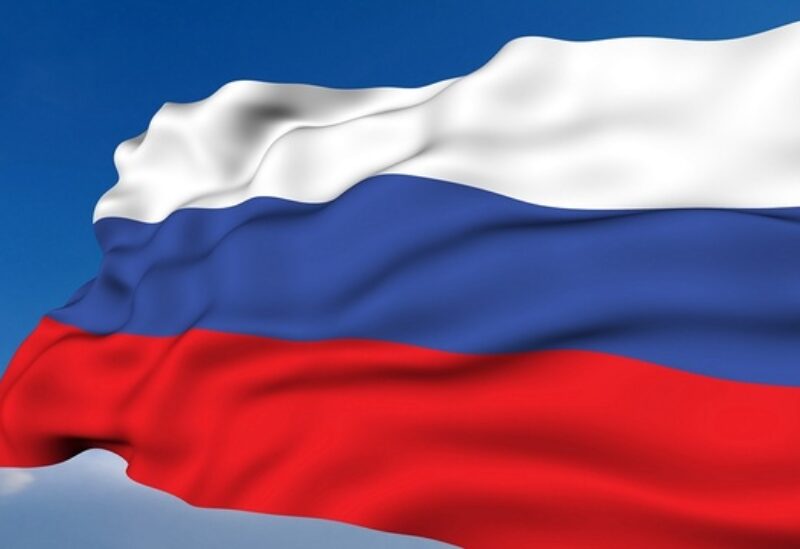
Russian flag
A Moscow court ruled in early September, that neither Google, nor its Russian equivalent Yandex, may show results for the search term “Umnoje golosowanije”, or “vote smart” in Russian. The decision is the culmination of a lawsuit in which a sheep wool trader from southern Russia, who had patented the term, sought to protect the trademark.
Imprisoned Russian opposition leader Alexei Navalny created a platform with the exact same name — “vote smart” — to weaken the ruling United Russia party by promoting opposition parties and candidates. Its website went online on September 15, only to be blocked by the country’s telecommunications agency. Activists involved with the project, however, say the “vote smart” app remains operational.
The platform has proven a powerful tool in recent years. It helped opposition candidates win almost half of all single-mandate constituencies at the 2019 Moscow city elections. The city’s leading United Russia candidate lost to a Communist.
Opposition struggles
While opposition candidates have never had it easy in Russian elections, this year’s vote could prove particularly challenging. Russia has classified Navalny’s Anti-Corruption Foundation (FBK) as ‘extremist disbanded the organization since his imprisonment. This move has prevented Navalny supporters from participating in elections. Several of his allies have gone into exile. “The Kremlin sees Navalny as a real threat because he is able to mobilize voters through the internet,” explains opposition lawmaker Vladimir Milov.
Russia’s few prominent opposition figures have either been banned from running in the upcoming election, or forced to flee abroad. Boris Vishnevsky of the Liberal Yabloko party has held a seat in St. Petersburg Legislative Assembly for years. He is now running for re-election against two near-identical doppelganger candidates, who happen to have the exact same name as him. Vitaly Averin of election monitoring group Golos — Russian for “voice” — says that “thousands” of opposition candidates have been barred from the September elections. He deems the upcoming vote “unfair.”
The balance of power in Russia’s State Duma, the lower chamber of the Russian parliament, is unlikely to change. United Russia is expected to win the most votes out of all 14 parties competing in the election. The Communists, right-wing populist LDPR and left-wing nationalist A Just Russia party will most likely be re-elected into parliament as well.
Yet nothing is set in stone. While the Communists are currently polling at around 20%, Vladimir Putin’s United Russia party faces historically low approval ratings. At one point, state-owned polling firm VCIOM even recorded ratings dipping below 30%. It predicts United Russia will nevertheless take 42% of the vote — a drop of over ten percentage points compared with its 2016 result.
In a bid to boost its appeal, the party is fielding popular Defense Minister Sergei Shoigu as its lead candidate — instead of party chairman and ex-Prime Minister Dmitry Medvedev. This is the first time Medvedev is not leading the party candidates’ list. Foreign Minister Sergey Lavrov will also stand for election.